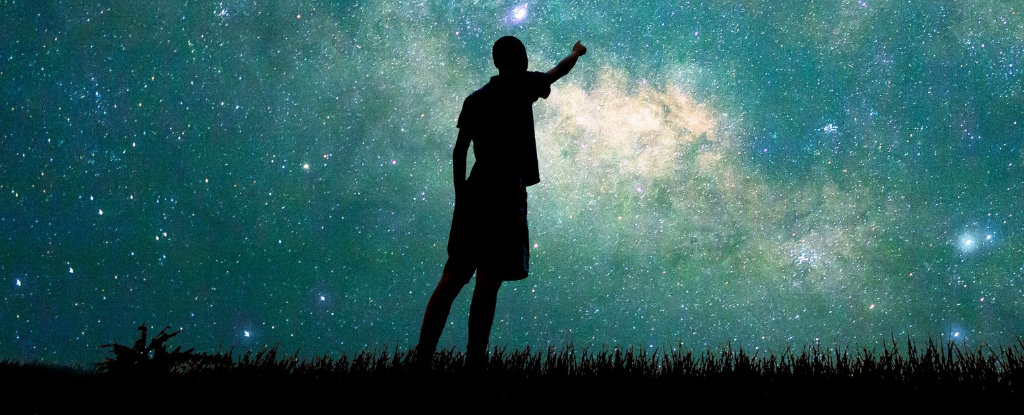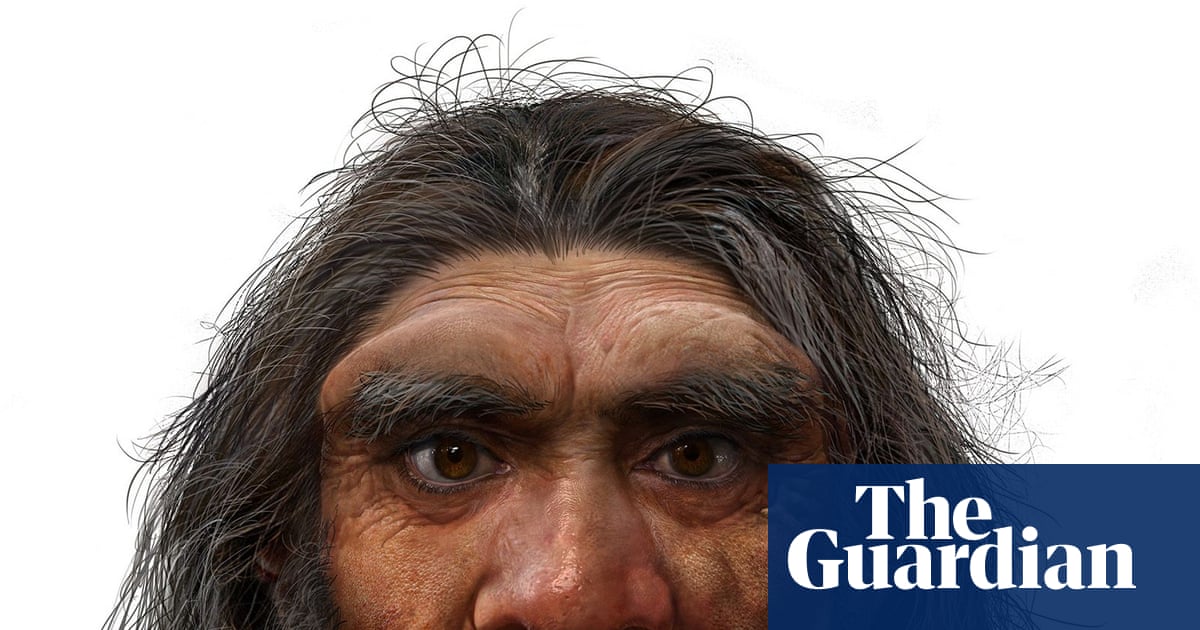What’s Poisoning Dolphin Brains Near Miami Could Be An Alzheimer’s Warning for Humans Study Finds Brains of Stranded Dolphins Showed Signs of Alzheimer’s Disease ScienceAlert Scientists Think Climate Change Is Causing Alzheimer’s-Like Brain Damage in Dolphins VICE Stranded Dolphins Might Be Getting Something Similar to Alzheimer’s Disease The Inertia Researchers Link Dolphin Beachings to Alzheimer’s-like Disease from Cyanobacterial Toxins SSBCrack Source link
Read More »Tag Archives: Humans
Humans May Be Among The First Intelligent Beings in The Universe : ScienceAlert
The Copernican Principle, named in honor of Nicolaus Copernicus (who proposed the heliocentric model of the Universe), states that Earth and humans do not occupy a special or privileged place in the Universe. In cosmological terms, this essentially means that Earth is representative of the norm, and life is likely to exist throughout the cosmos. While our efforts to find …
Read More »Scientists Just Reversed Alzheimer’s in Mice. Could They Do It in Humans?
Scientists on Tuesday reported that they had reversed Alzheimer’s disease in mice, a feat that offers hope of a potential cure for the devastating form of dementia in humans. In a paper published Tuesday in Signal Transduction and Targeted Therapy, a team of researchers describe how, by harnessing the brain’s garbage disposal system, they managed to repair the brain and …
Read More »Growing Old Is Nothing New for Humans. So Why Are We So Bad at It Now?
Aging is inevitable, but it hasn’t always looked the same throughout the long history of humankind. That’s one of the core premises behind Michael Gurven’s just-released new book, Seven Decades: How We Evolved to Live Longer. Gurven is an anthropologist at the University of California, Santa Barbara, who has spent much of his career studying and living alongside communities like …
Read More »Leopards delayed humans’ rise to top of the food chain – The Times
Leopards delayed humans’ rise to top of the food chain The Times Not a “Turning Point”: Study Finds Homo habilis Was Hunted as Prey Science and Culture Today Leopards may have feasted on our earliest ancestors Popular Science The hunted, not the hunters: AI reveals early humans were prey for leopards Phys.org Early Human Ancestor Found to be More Leopard Prey than Predator Thanks …
Read More »Study of 1m-year-old skull points to earlier origins of modern humans | Anthropology
A million-year-old human skull suggests that the origins of modern humans may reach back far deeper in time than previously thought and raises the possibility that Homo sapiens first emerged outside of Africa. Leading scientists reached this conclusion after reanalysis of a skull known as Yunxian 2 discovered in China and previously classified as belonging to a member of the …
Read More »Why Are Humans So Smart? Allow Us To Introduce You To The Neocortex
The human brain is a hefty thing. Weighing well over a kilo, its an electrified lump that’s been compared by neuroscientists to the texture of silken tofu, and yet within its innumerous connections is coded everything that we are. That wasn’t always the case, however. In fact, among the earliest lifeforms, eyes actually evolved before the brain. It makes you …
Read More »New Study in Turkey Changes Paradigm of How Early Humans Reached Europe
Back in the day when early humans were spreading out of Africa, the world was not as we know it. Yet the study of the paths by which the Homo genus dispersed around the globe starting as much as 2 million years ago has tended to overlook that. It is agreed that our genus evolved in Africa and began to …
Read More »Longevity expert shares 6 foods which when consumed regularly can increase life span in humans
Staying healthy and leading a longer life is not just about avoiding disease, it is about keeping the cells working. Inside almost every cell in the body are tiny structures called mitochondria, they act like tiny batteries that produce the energy the body needs to function, move, think and even repair itself.As the body gradually ages, mitochondria can become less …
Read More »Autonomous Drones Hunt Without Humans While Military Control Vanishes
IN A NUTSHELL 🚀 Vectis, a stealthy autonomous drone, is designed to enhance air dominance for military operations. 🌍 The drone’s extended range allows deployment in various theaters, including Indo-Pacific and European regions. 🤖 As a lethal collaborative combat aircraft, it integrates seamlessly with next-gen aircraft for advanced operational capabilities. 🔧 Lockheed Martin’s Skunk Works leverages decades of expertise to …
Read More »







